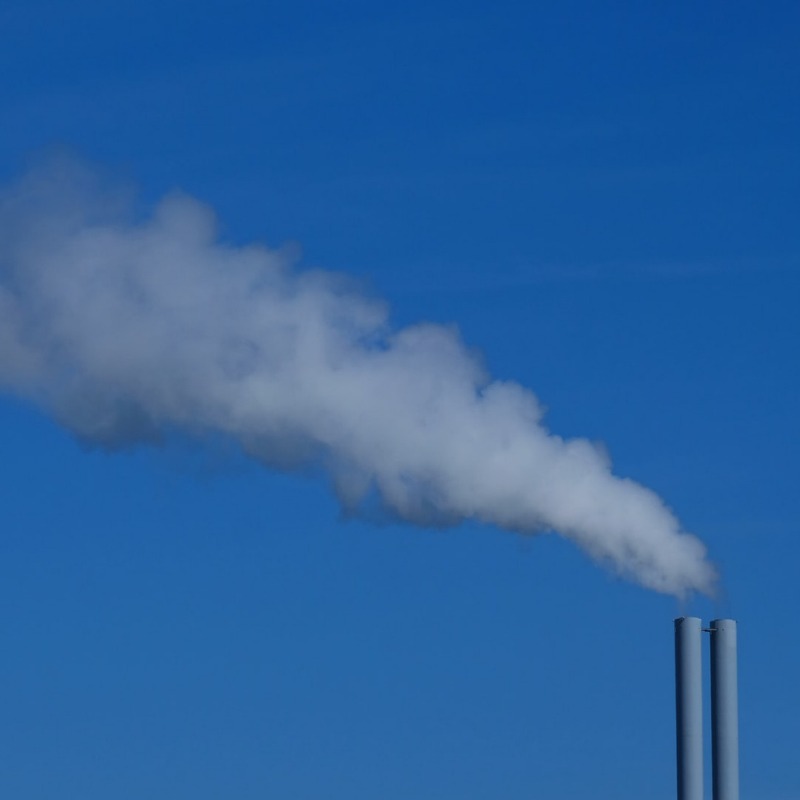
Ways to Reduce Greenhouse Gases and Global Warming

Despite the naysayers, climate change and global warming are very real and though efforts are being made globally to cut down on greenhouse gas emissions, much more needs to be done. Changes need to be made right from the grassroot levels starting from communities upwards.
Two ways in which we can reduce greenhouse gas levels is by either slowing their addition to the atmosphere or by allowing Mother Nature to pull them out of the air. Some steps that you can be take at an individual level include the following:
Reduce Energy Consumption
Using less energy, especially when it is made from non-renewable resources, is one step forward. Opt for LED lamps over incandescent lights or invest in appliances with higher star ratings that use lower energy. Using heat reflecting window panes, planting trees around the house or building a shed over the terrace reduces your dependence on energy to keep your home cool.
Renewable Energy
Some renewable energy sources include electricity from wind turbines, solar power, tidal wave energy, compost biogas energy, etc. Unlike electricity generated from fossil fuel, renewable energy doesn’t release greenhouse gases and contribute towards global warming.
Transportation without burning fossil fuels
Instead of burning petrol, diesel or jet fuel for transportation, which adds 14% of global greenhouse gas emissions, opt for electric vehicles. Whenever possible, use public transport, carpooling, bicycles or even go walking. This will lead to lower greenhouse gas emissions.
Put nature to work
Conservation of forested areas, grasslands, wetlands and planting more trees will mean natural removal of carbon dioxide from the atmosphere, a process called carbon sinks. Protecting carbon sinks will mean natural carbon dioxide removal from the atmosphere.
Lower your food footprint
Raising animals for food accounts for a fifth of global greenhouse gas emissions. Converting forests to grasslands for animal grazing further reduces natural carbon sinks and contributes to more global warming. If half the world were vegetarian, it would grossly reduce carbon emissions too.
Industry emissions
The manufacturing, mining and waste disposal processes all involve carbon emissions and are responsible for 20% of global greenhouse gases. Using materials that aren’t linked to fossil fuels or greenhouse gases is the best way forward.


